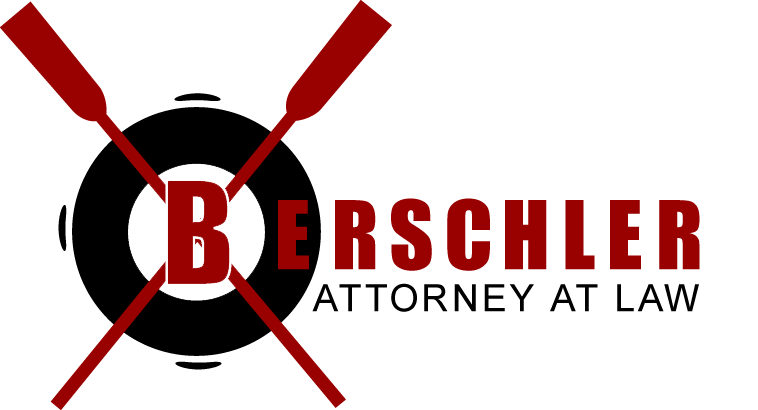The Maritime Attorney
Other Attorneys Recommend
SEATTLE FERRY PIER ALLISION: CONTRASTING TREATMENT OF NEGLIGENT INFLICTION OF EMOTIONAL DISTRESS CLAIMS UNDER MARITIME LAW AND STATE LAW
On the July 28, 2022 a car ferry crashed into a pier at Port Seattle, the force folded back a portion of the upper level car deck. People seated in their vehicles there feared for their life. One occupant wondering whether the vessel was sinking, others also in great fear. Fortunately, none of these individuals reported any bodily injury. Analyzing these facts in the context of state law are likely to get it wrong because the general maritime law (admiralty law) applies. See, Foremost Ins. Co. v. Richardson, 457 U.S. 668, 675 footnote 5, (1982)[“Not every accident in navigable waters that might disrupt maritime commerce will support federal admiralty jurisdiction. . . . However, when this kind of potential hazard to maritime commerce arises out of activity that bears a substantial relationship to traditional maritime activity, as does the navigation of the boats in this case, admiralty jurisdiction is appropriate.”), cited for this proposition by Sisson v. Ruby, 497 U.S. 358, 362 (1990)
Admiralty Law provides more stringent criteria, a higher threshold, for a person to have standing to make a claim of negligent infliction of (severe) emotional distress (NIED) than do many states, including Washington and California. “Standing” is the question of whether a party may seek a remedy for a wrong done. See, Flast v. Cohen, 392 U.S. 83, 101 (1968) (“[W]hether the party invoking federal court jurisdiction has "’a personal stake in the outcome of the controversy.’ ”) Washington and California allow for NIED “bystander” claims even if the would be plaintiff was neither injured nor realistically threatened by the event’s mechanics. “Bystander” is perhaps too narrow a label, as claimant need not be present at the event in these states. For instance, the Washington Supreme Court has held that close relatives to the accident victim who first saw the victim shortly after the accident may have standing to sue. See, Hegel v. McMahon, 136 Wn. 2d 122 (1998). California initially recognized a right of a bystander to sue for severe emotional shock or injury. Dillon v. Legg, 68 Cal. 2d 728 (1968). The California Supreme Court later expanded the scope of permissible plaintiffs. A husband who had sustained NIED because a physician misdiagnosed his wife as having a sexually transmitted disease; that claim was allowed. Molien v. Kaiser Found. Hosps., 27 Cal. 3d 916, (1980).
Admiralty law is more conservative in the United States on NIED standing. First, the would-be claimant must have been present and witnessed the event; second, this person must either have been bodily injured through the event’s mechanics or must have been in a “zone of danger,” which is defined as "placed in immediate risk of physical harm." Conrail v. Gottshall, 512 U.S. 532, 535 (1994)[“Instead, this Court adopts the zone of danger test, which limits recovery for emotional injury to those plaintiffs who either sustain a physical impact as a result of the defendant's negligence or are placed in immediate risk of physical impact by that negligence.”] Gottshal was brought pursuant to the Federal Employees Liability Act (railroad) 45 U.S.C., §§51; et seq., and later applied in the general maritime law as we shall see.
Applying the Zone of Danger test, one federal court addressed NIED claims of a vehicle passenger aboard a ferry that almost sank, though he did not have to leave his truck, nor was he bodily injured, holding that the plaintiff had standing to pursue NIED compensation given the event facts and severe emotional/psychic injuries. Sawyer Bros., Inc. v. Island Transporter, LLC, 887 F.3d 23, 38 (1st Cir. 2018). Compare: another federal court found the would-be plaintiffs had no standing. They had not witnessed the propeller strike of their relative; they were not in a zone of danger. Ortiz v. Zambrana, 809 F. Supp. 2d 1 (D.P.R. 2011).
This entry has been created for information and planning purposes.
It is not intended to be, nor should it be substituted for, legal
advice, which turns on specific facts.


